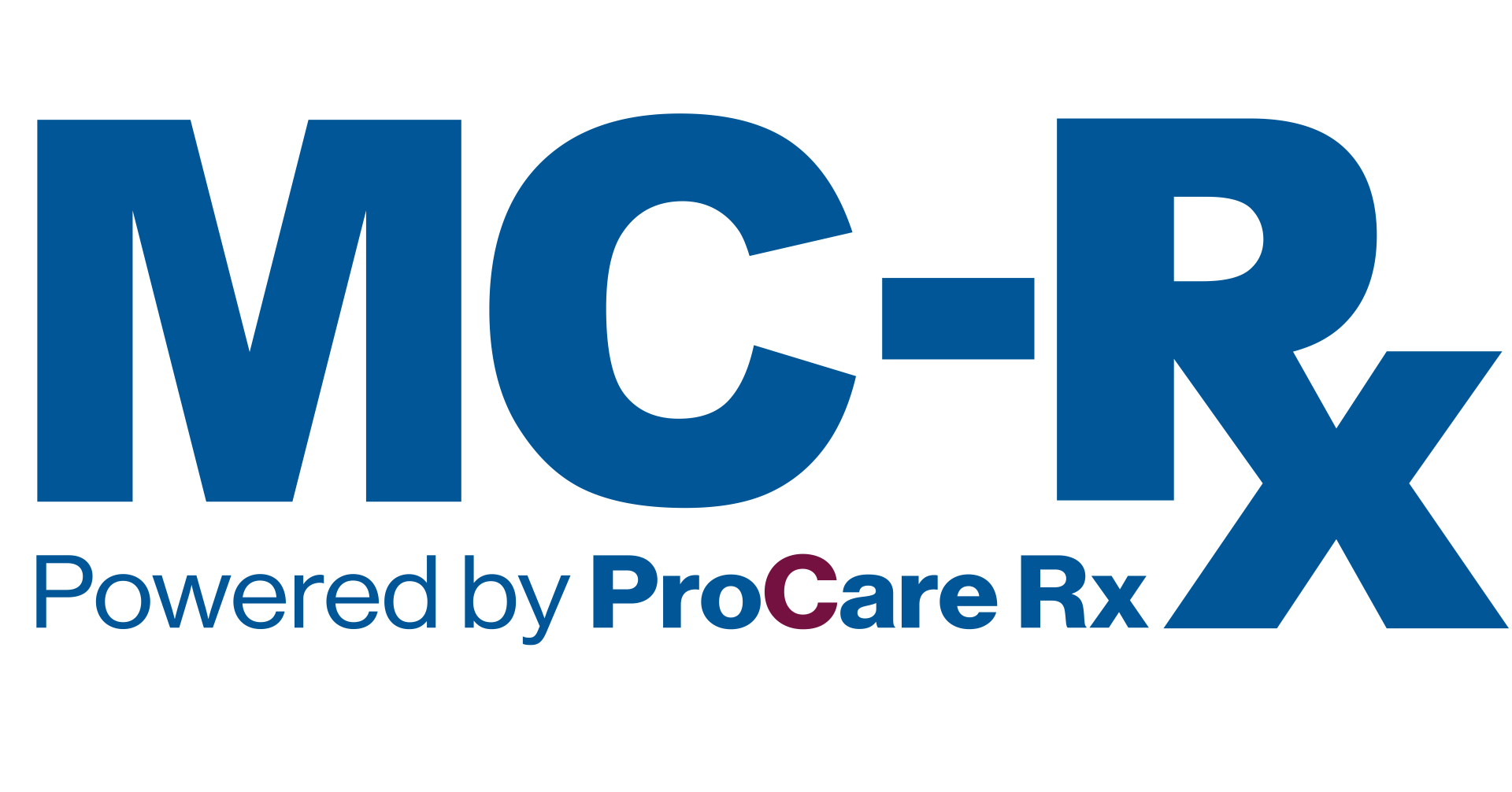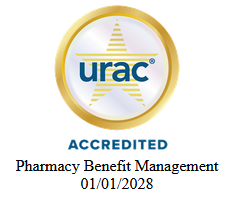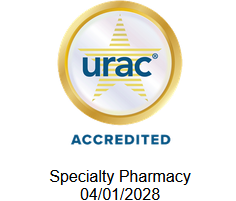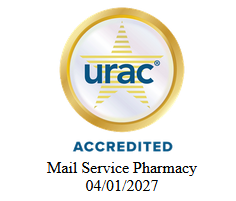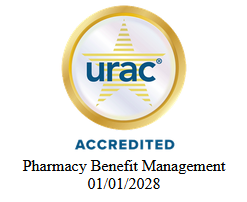Understanding GLP-1 Medications
Understanding GLP-1 Medications
The landscape of obesity management is evolving, with GLP-1 receptor agonist (RA) medications emerging as a significant player. These FDA-approved drugs have proven effective in helping individuals lose weight, prompting a shift in how they are viewed and covered by health plans. However, the cost implications and strategic decisions surrounding these medications require careful consideration by employer groups and their members.
The Case for GLP-1 Medications
GLP-1 RAs, originally developed for diabetes management, have shown remarkable efficacy in weight loss. With the growing prevalence of obesity and its associated healthcare costs, there's increasing pressure on health plans to cover these medications. Despite their high cost—annual retail pharmacy expenses can exceed $10,000 per patient—GLP-1 RAs offer potential downstream savings by reducing obesity-related comorbidities such as diabetes, hypertension, and cardiovascular disease.
Balancing Coverage and Cost
Historically, weight loss medications were deemed "lifestyle" drugs and excluded from coverage. However, the rising popularity of GLP-1 RAs and their demonstrated benefits are challenging this perspective. For plan sponsors, the decision to cover these medications involves balancing the high upfront costs with the potential for long-term savings on medical expenses related to obesity.
Cost-Containment Strategies
For payers choosing to cover GLP-1 medications, several cost-containment strategies can be employed:
- Formulary Management: Deciding on the placement of these medications within the formulary is crucial. Options range from not covering the drugs to placing them on a high-cost tier with patient cost-sharing.
- Prior Authorization and Step Therapy: Implementing these measures ensures that only patients with a proper diagnosis (e.g., ICD-10 code for obesity) access these medications, preventing misuse and overutilization.
- Prerequisite Programs: Requiring participation in wellness or nutrition programs before approving weight loss medications can encourage lifestyle modifications that complement pharmacological treatment.
- Specialist Restrictions: Limiting prescriptions to weight loss specialists, such as bariatric doctors or endocrinologists, ensures appropriate therapy and monitoring.
- Duration Limits: Establishing treatment guidelines, such as discontinuing medications if a target weight loss is not achieved within six months, helps manage long-term costs.
The Role of Brokers and Employer Groups
Brokers play a pivotal role in guiding employer groups through the complexities of covering GLP-1 medications. Understanding the cost-benefit dynamics and available cost-containment strategies enables brokers to provide informed recommendations that align with their clients' financial and health objectives. Employer groups, in turn, must weigh the potential benefits of covering these medications against their budgetary constraints and the overall well-being of their workforce.
Member Education and Engagement
Effective communication with members is essential to ensure they understand the coverage options and adhere to prescribed treatments. Educational initiatives can include:
- Patient Communication Programs: Providing information on medication adherence, compliance, and lifestyle modifications.
- Continuing Education: Ongoing programs to keep members informed about the benefits and proper use of weight loss medications.
- Monitoring and Support: Utilizing pharmacy and medical data to track outcomes and adjust strategies as needed.
Balance the Scale with Expert Guidance from MC-Rx
The adoption of GLP-1 medications for weight loss represents a significant advancement in obesity management. However, the high costs associated with these drugs necessitate careful planning and strategic implementation by brokers, employer groups, and members. By employing robust cost-containment strategies and prioritizing member education, health plans can navigate the financial challenges while delivering meaningful health benefits to their populations.
MC-Rx, as a full-service pharmacy benefits manager, offers the expertise and tools to help clients optimize their coverage decisions and manage the complexities of incorporating GLP-1 medications into their health plans.
Here are just a few of the GLP-1 strategies we use to shield our clients from excessive costs:
- Implementation of Drug Management Tools, which is critical to ensure proper utilization for GLP-1s.
- Strategic Benefit Design, which also protects clients from improper GLP-1 utilization.
- Clear Member Communication, which is crucial for proper adherence and compliance.
When implemented with an existing client, the above-listed strategies helped them achieve $382,000 in cost avoidance for GLP-1s. With the right approach, the benefits of these medications can be realized, contributing to better health outcomes and potentially lowering overall healthcare costs in the long run.
For more information on managing GLP-1 medications and other pharmacy benefits, reach out to an MC-Rx expert today.


